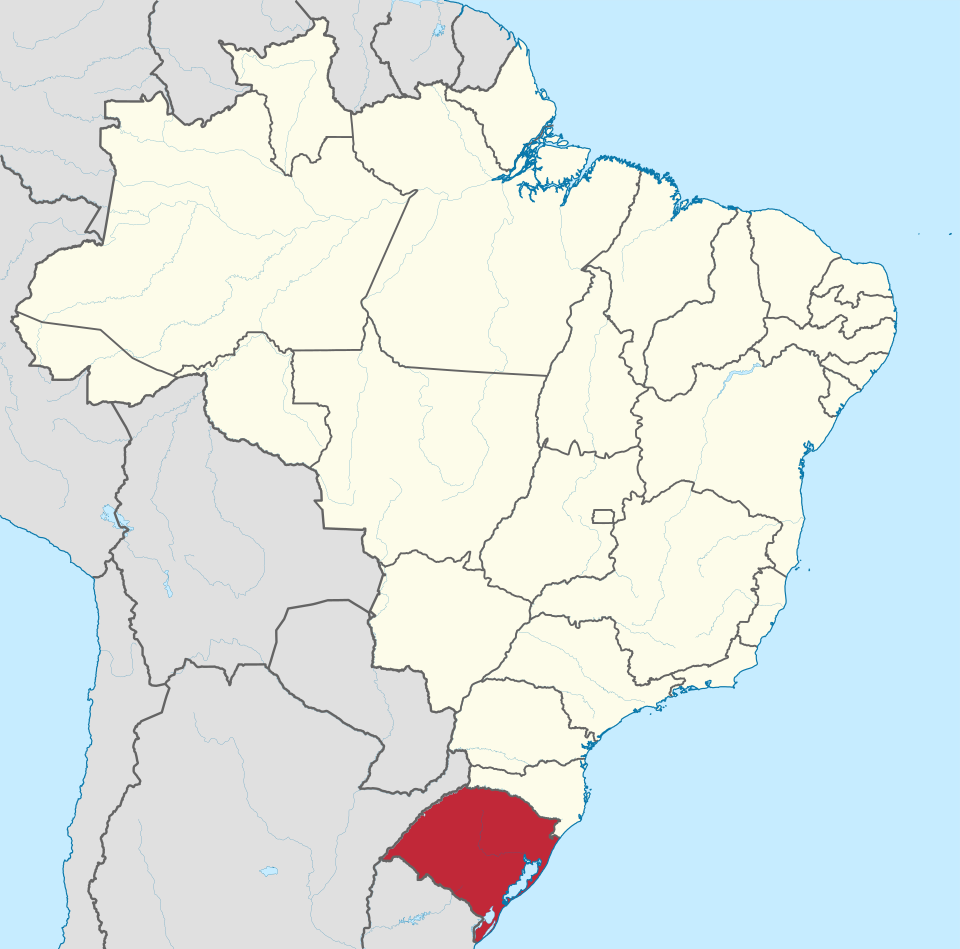Brazil Strikes a Blow Against Crypto-Based Crime: Major Raid on Protection Racket
In a bold move against organized crime, Brazilian authorities have seized crypto assets valued at approximately $45,000 during a significant operation targeting an illicit protection racket. This operation is a part of a larger crackdown that highlights the intersection of cryptocurrency and criminal enterprise, particularly in the southern state of Rio Grande do Sul. The stakes are high, and the implications reach far beyond this single operation.
The Operation: Unveiling a Criminal Web
This crackdown, dubbed Operation Timeo, involved the execution of multiple search and seizure warrants across various cities, including Porto Alegre, Novo Hamburgo, and São Leopoldo. Officers from the Polícia Civil do Rio Grande do Sul (PCRS) stated that they detected a sophisticated scheme in which the gang extorted money from small automobile trading garages.

Behind Bars but Still in Charge: The Ringleaders’ Network
Investigators believe that the masterminds behind this nefarious operation are currently incarcerated and orchestrated the network from behind bars. This situation raises critical questions: How are prisoners maintaining control over these criminal enterprises? What measures can authorities implement to dismantle such statewide organized crime?
According to the PCRS, the suspects employed cryptocurrencies as part of a money laundering operation, leveraging the anonymity that digital currencies provide to obscure their illicit gains. One defendant has also been charged with unlawfully carrying a firearm, adding another layer of complexity to the case.

Targeting Small Business: A Pattern of Extortion
The gang’s operations were alarming in their simplicity and efficiency. Officers reported that they coerced small auto garage owners into paying protection fees to avoid threats against their establishments. This tactic not only exploited the vulnerabilities of local businesspeople but also enriched a criminal network operating with relative impunity.
With a total of 60 police personnel mobilized for this operation, authorities executed 11 warrants and froze approximately 13.3 million reais (around $2.3 million) in bank accounts connected to the suspects. However, many essential details about the operation, including specifics about the crypto assets involved and the precise methods of seizure, remain undisclosed.
Operation Timeo: A Broader Investigation into Organized Crime
This ongoing investigation has identified 10 suspects alongside a company linked to previous arrests made during Operation Timeo. Investigators have suggested that their findings might reveal a much larger network involving widespread extortion and money laundering activities across the region.
Authorities speculate that this criminal organization—and potentially others like it—utilizes cryptocurrencies and shell companies to launder substantial sums extorted from innocent victims across Brazil. Compounding these concerns, the nation’s Superior Court recently empowered judges to seize crypto holdings in cases involving financial misconduct, indicating a shift in how financial crimes are prosecuted and how cryptocurrencies are understood legally.
Why This Matters: The Fight Against Crypto Crime
This operation is not just a crackdown on a single criminal group; it’s a significant step toward addressing the broader issue of cryptocurrency-related crime. As digital currencies become increasingly integrated into everyday transactions, they often attract illicit activities due to their perceived anonymity and lack of regulation. Understanding and combating these aspects is crucial for protecting businesses and individuals alike.
Future Outlook: Crypto Crime on the Radar
As law enforcement agencies worldwide sharpen their focus on cryptographic assets, events such as Operation Timeo foreshadow a future where regulators and investigators will increasingly confront the challenges posed by cryptocurrency in the context of crime. The implications are profound: as digital currencies evolve, so too must the approach taken by governments in combating their misuse.
Conclusion: A Call for Vigilance and Discussion
The recent seizure of crypto assets in Brazil serves as a timely reminder of the dual nature of cryptocurrencies—they carry the potential for innovation and prosperity, but they also pose significant risks when exploited by malicious actors. What can be done to foster a safer digital currency environment? As this story unfolds, stakeholders in the cryptocurrency space must consider both the benefits and the pitfalls, advocating for policies that protect legitimate users while curbing criminal misuse. Let’s keep the conversation going—what are your thoughts on how to safely navigate the world of digital currencies?

